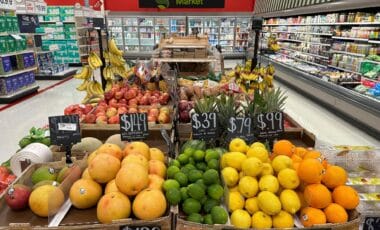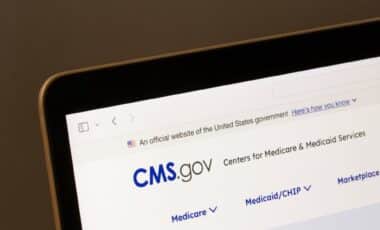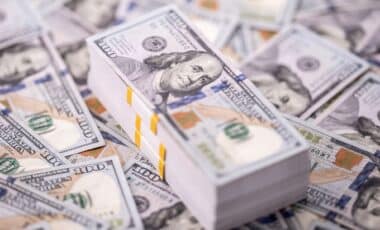As tariffs on Chinese goods begin to reshape US consumer prices, President Trump has dismissed rising costs of everyday items as minor compared to the benefits of cheaper energy.
The president claims that lower petrol prices outweigh concerns about the affordability of goods like tires, clothing, and children’s toys.
In an interview aired on NBC’s Meet the Press, President Trump defended his administration’s trade measures, stating that energy makes up the bulk of household expenses.
The comments come amid growing economic uncertainty linked to ongoing trade tensions and new restrictions on Chinese imports.
Tariffs Push Prices Higher on Basic Goods, but Trump Calls Them “Peanuts”
US tariffs on Chinese imports, which now reach as high as 245 percent for some products, are contributing to price increases on a wide range of consumer goods. Items such as strollers, tires, and apparel are among those cited by journalists and analysts as becoming more expensive since the new measures took effect.
According to NBC News, President Trump brushed aside such concerns, arguing that “energy is 60 percent of the costs” and insisting that “gasoline is thousands of times more important than a stroller”.
Recent policy changes have also affected how goods enter the US. According to Newsweek, Chinese e-commerce platform Temu halted direct shipments to the US after the removal of the “de minimis” exemption, which had previously allowed items under $800 to bypass tariffs.
This policy shift is expected to reduce product variety and increase costs once stockpiles run out.
Despite signs of inflation in some sectors, Trump stated during a cabinet meeting that US families may simply need to adjust their consumption habits.
“Maybe the children will have two dolls instead of 30,” he said, implying that less consumer abundance is a fair trade-off for economic restructuring.
Economic Indicators Show Mixed Results as Market Reacts to Trade Policy
The economic picture remains complex. While April’s jobs report indicated that the US added 177,000 jobs—surpassing the expected 135,000—there are ongoing concerns about the broader implications of the trade war.
According to the Port of Los Angeles, consumers should expect “less choice and higher prices” as the effects of tariffs ripple through supply chains.
President Trump has defended the overall strategy as a form of “economic rebalancing”. In an opinion piece published by The Wall Street Journal, Treasury Secretary Scott Bessent argued that the administration is “restoring America’s industrial base” and ensuring that “Main Street and Wall Street rise together”.
Still, signs of economic contraction have raised alarm. The GDP data shows a shrinking economy, and with rising consumer anxiety, the administration’s narrative faces increasing scrutiny.
Trump has blamed his predecessor, saying: “I think the good parts are the Trump economy and the bad parts are the Biden economy.”









